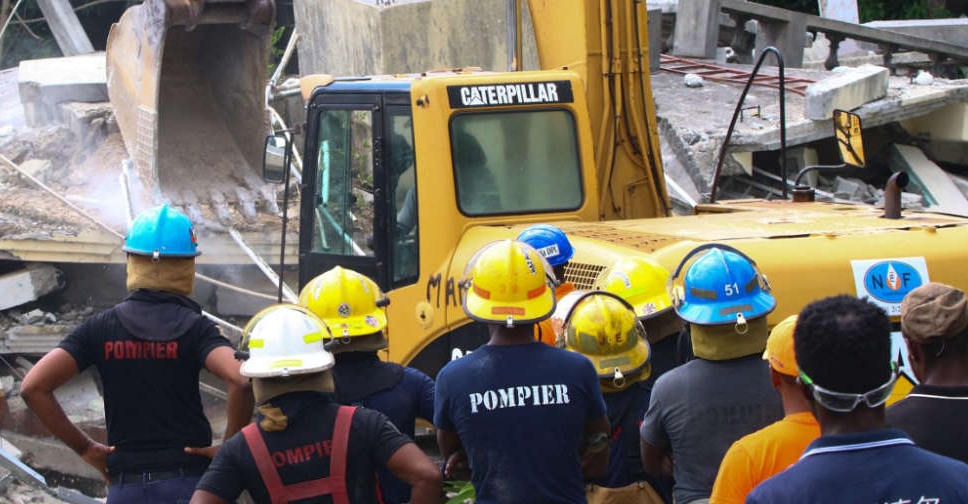
Haiti's hospitals were swamped by thousands of injured residents after a devastating earthquake killed at least 1,297 people.
The 7.2 magnitude quake on Saturday destroyed thousands of homes and buildings in a Caribbean nation which is still clawing its way back from another major temblor 11 years ago and is reeling from the assassination of its president last month.
Southwestern Haiti bore the brunt of the blow, especially in the region in and around the town of Les Cayes. Haiti's Civil Protection Agency said the toll from the disaster had climbed to 1,297 and the hospitals that were still functioning were struggling to cope as some 5,700 people were injured.
In the northwestern city of Jeremie, another badly hit area, doctors treated injured patients on hospital stretchers underneath trees and on mattresses by the side of the road, as healthcare centers have run out of space.
"We do have a serious issue," Jerry Chandler, the head of Haiti's Civil Protection Agency, told Reuters.
"There are very important facilities that are dysfunctional as we speak and those that are functional are receiving an overflow of patients," he said.
The challenge facing Haiti has been exacerbated by the coronavirus pandemic, a severe economic downturn aggravated by fierce gang violence, and a political crisis that has engulfed the troubled nation after the assassination of President Jovenel Moise on July 7.
Churches, hotels, hospitals and schools were badly damaged or destroyed, while the walls of a prison were rent open by the violent shudders that convulsed Haiti. Some 13,694 houses were destroyed, the civil protection agency said, suggesting the toll could rise further.
In Les Cayes, a seafront town of some 90,000 people, rescuers in red hard hats and blue overalls pulled bodies from the tangled wreckage of one building, as a yellow mechanical excavator nearby helped to shift the rubble.
Haiti's Prime Minister Ariel Henry, who flew to visit Les Cayes, praised the dignity shown by people there even in the midst of their suffering.
"They are affected but resilient. They fight to survive," he said, thanking international agencies and foreign governments for their support.
Nearby countries, including the Dominican Republic and Mexico, rushed to send desperately needed food and medicines by air and across Haiti's land border. Colombia sent search and rescue personnel.
The United States dispatched vital supplies and deployed a 65-person urban search-and-rescue team with specialised equipment, said Samantha Power, the administrator of the United States Agency for International Development (USAID).
From the Vatican, Pope Francis urged the international community to show support swiftly. "May solidarity from everyone lighten the consequences of the tragedy," he told pilgrims and tourists at his Sunday blessing in St. Peter's Square.
However, Haiti's government appealed to aid organisations against setting up makeshift camps and urged them to work through the planning ministry, an apparent attempt to avoid the mistakes made following the devastating 2010 earthquake that killed tens of thousands of people.
Many Haitians prepared on Sunday to spend a second night sleeping in the open, traumatised by memories of that quake 11 years ago that struck far closer to the sprawling capital, Port-au-Prince.
At Port-au-Prince airport, international aid workers, doctors and rescue workers boarded flights to Les Cayes. A U.S. Coast Guard helicopter ferried the wounded.
The rescue and aid efforts will be complicated by Tropical Depression Grace, which is expected to lash Haiti with heavy rainfall on Monday. Some 75 to 100 milliliters of rainfall was expected, which may trigger landslides and cause some rivers to flood, Haiti's Civil Protection Agency said.
"We ask the population to remain vigilant," the agency added.
Thousands of people sleeping in the streets would be exposed to the torrential rains amid a rising risk of water-borne diseases, said Chandler, the head of the agency.



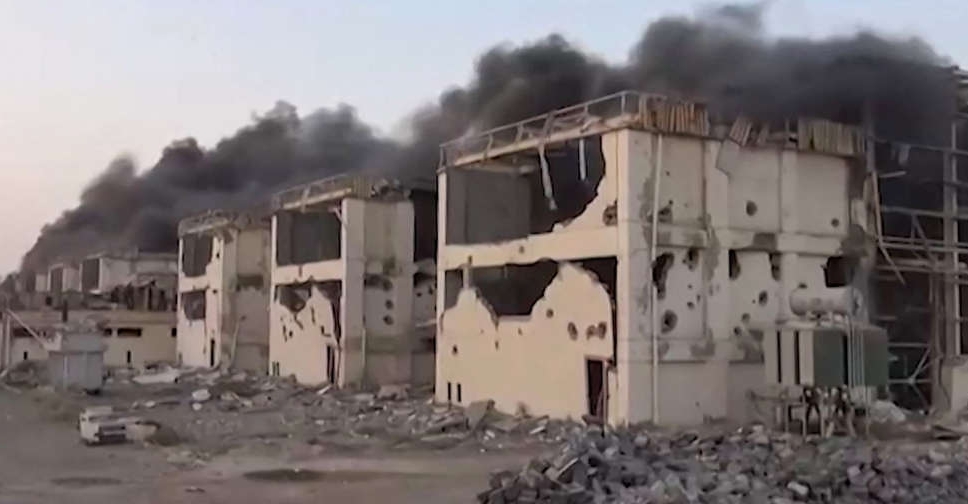 Israel strikes Yemen airport as WHO chief boards plane
Israel strikes Yemen airport as WHO chief boards plane
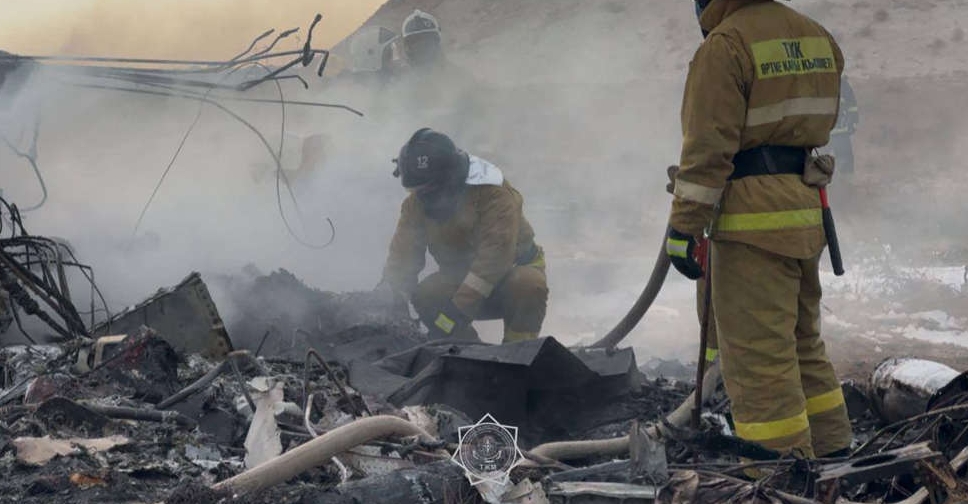 Sources say Azerbaijan Airlines flight was downed by Russian air defence system
Sources say Azerbaijan Airlines flight was downed by Russian air defence system
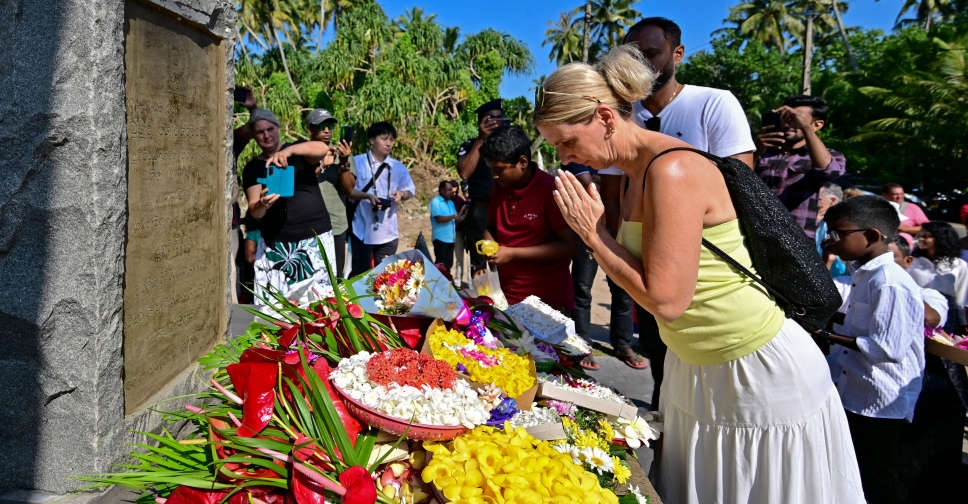 Thousands mark 20 years after deadly Indian Ocean tsunami
Thousands mark 20 years after deadly Indian Ocean tsunami
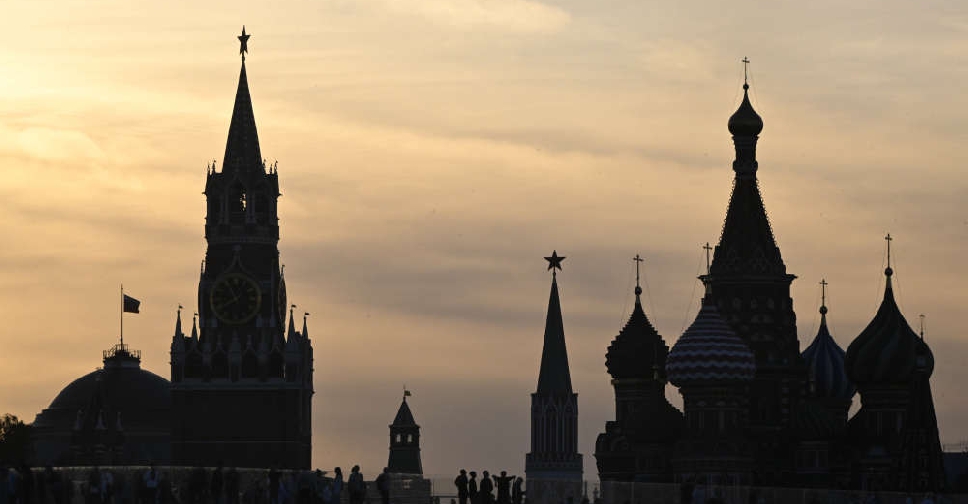 Russia says it prevented Ukrainian plots to kill high-ranking officers
Russia says it prevented Ukrainian plots to kill high-ranking officers
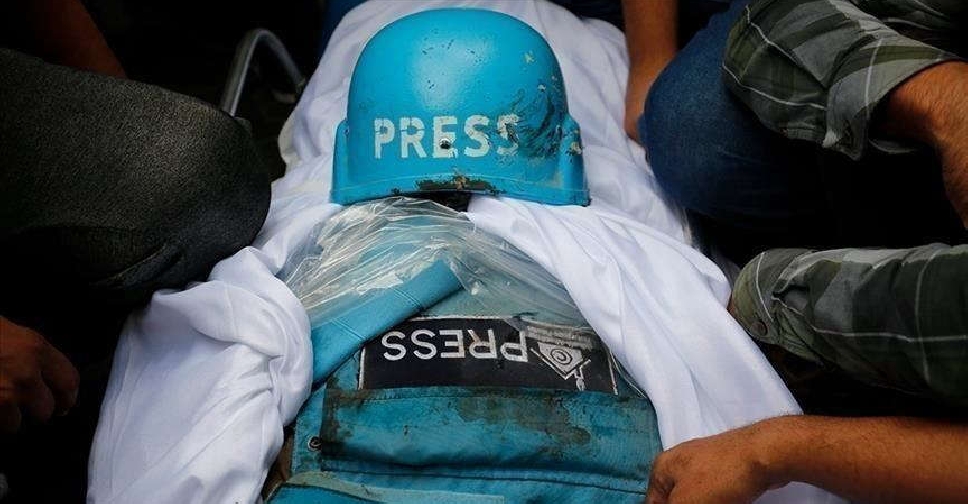 Israeli airstrike kills five journalists in central Gaza
Israeli airstrike kills five journalists in central Gaza







